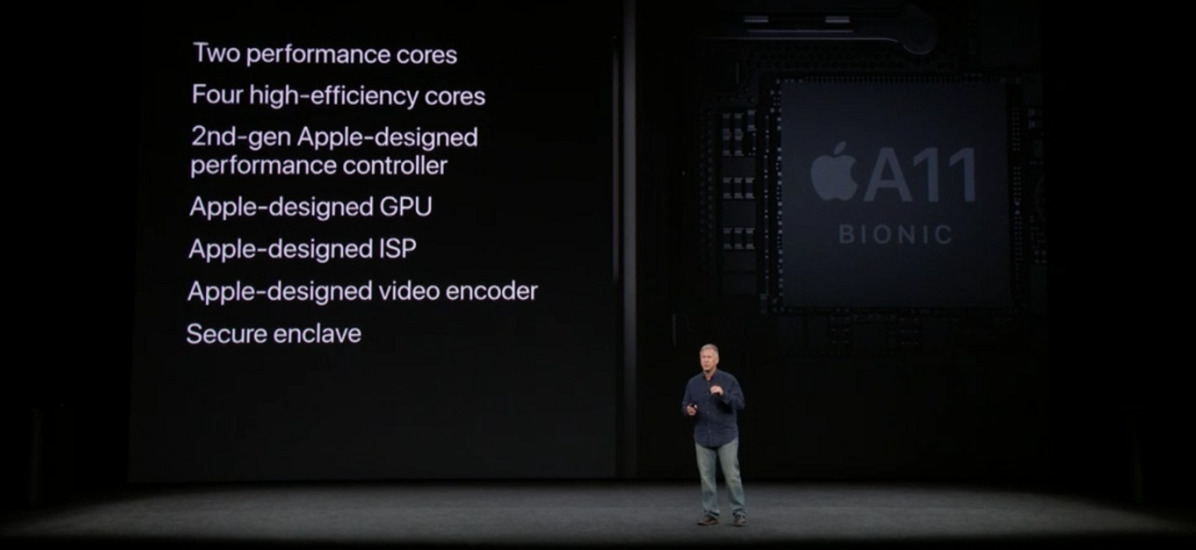Apple is expected to ditch Intel's x86 architecture using its own chips in the Mac as soon as 2020, with the fruits of project "Kalamata" similar to a move that it has pulled twice before.
According to Bloomberg, "Kalamata" is in the early stages, and is part of a larger strategy to make Apple devices work with more integration than they currently do. At first glance, the project appears to be similar to the "fat binary" approach Apple has taken in the past, both with the shift from 68K processors to PowerPC, and then with PowerPC to x86 with Rosetta.
The transition is said to be "multi-step" — but few details are known at present.
Prior to a shift in hardware, Apple plans to lay groundwork with software as part of its Project Marzipan initiative. Aside from a new code name, today's report offers little in the way of new information.
The prediction isn't revelatory, given Apple's history. Apple internally started the shift to PowerPC chips in 1991, with the transition happening for consumers a bit more than two years later. Additionally, the company had Mac OS X builds for Intel chips since nearly the launch of the operating system, with that shift happening about five years later.
Rumors that Apple plans to switch away from x86 to its own custom silicon have been circulating for a decade. Rumblings have been heard since at least since 2008, when the tech giant purchased chip designer PA Semi for a reported $278 million.
After specifying several iterations of ARM-based system-on-chip packages for use in early iPhone models, Apple purchased chipmaker Intrinsity in 2010 and released its own mobile processor design in the A4.
Industry scuttlebutt concerning inevitable integration in Mac followed in 2011, when a report claimed Apple would deliver a desktop version of its 64-bit ARM platform within one to two years, gossip seemingly backed up by a buy-in into a chip fabrication plant in 2013. That hearsay bore no fruit, but Apple's work toward a first-party solution continued.
In late 2010, Apple began a concerted effort to build out its CPU design group, a years-long project involving rounds of poaching, including former Texas Instruments engineers, and new acquisitions like efficient chipset maker Passif.
Other key moves include the purchase of a chip fab once owned by Maxim and the establishment of SoC-related research and development facilities in Israel and beyond.
Rumors of an ARM-based Mac cropped up again last September, when a report claimed the company was looking to cut back on its reliance on Intel.
Apple's A11 Bionic processor has a single-core processor speed of 4205, with a multi-core speed of 10122. The results are very similar in performance to the 2016 and 2017 i7 MacBook Pro for single-core performance, and the multicore performance of the original 15-inchMacBook Pro with Retina Display.
 Mike Wuerthele
Mike Wuerthele







-m.jpg)






 Marko Zivkovic
Marko Zivkovic

 Christine McKee
Christine McKee
 Amber Neely
Amber Neely
 Sponsored Content
Sponsored Content
 Wesley Hilliard
Wesley Hilliard

 William Gallagher
William Gallagher









176 Comments
Interesting. I didn’t expect that so soon. Windows on ARM emulates 32-bit x86 but not x64. With Apple’s push on 64-bit I wonder if they plan to emulate x64.
Yeah and this is going to be a BREEZE for Apple because of experience, versus um... COUGH COUGH
Yes!!
I saw this coming a mile away! You can see the writing on the wall and its not with invisible ink either. Apple is making very powerful mobile chips, custom controllers and security chips, etc. Its only a matter of time before it happens....and I still think a Mac mini would be a perfect test bed for this. Maybe even a new MacBook Air (called something different).
I've been able to run Macs for work because of the ability to virtualize Windows. Not sure this bodes well for the future of Macs in certain business segments unless emulation performance under these new chips will be acceptable.